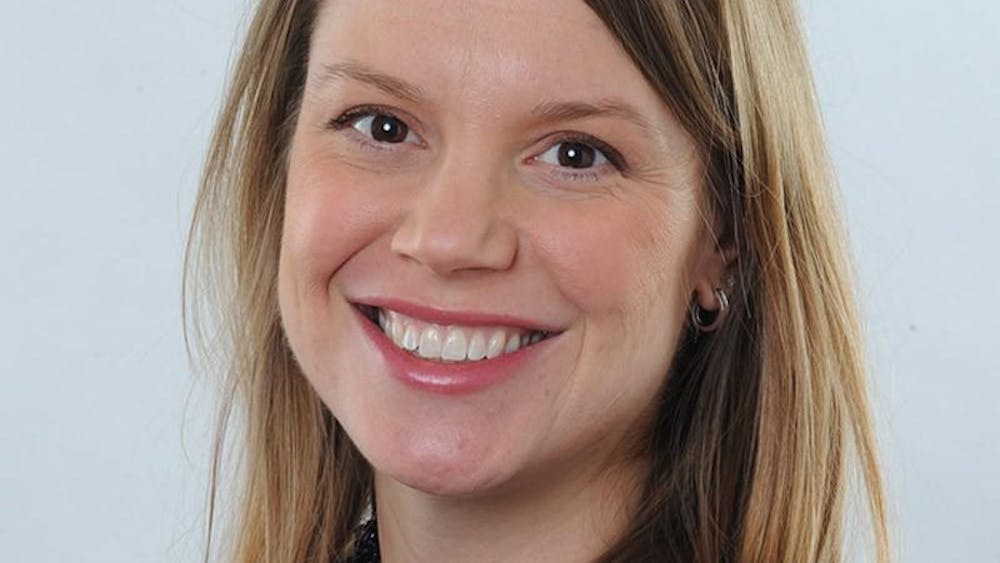This election year saw lots of partisan bickering, lots of yard signs and lots of stump speeches. For the most part, it wasn’t much different from past elections. However, there was a unique development that seems to have gone unnoticed by many Americans: The people of Puerto Rico have voted that they want to add their star to the U.S. flag and become the nation’s 51st state.
There are several reasons allowing Puerto Rico to become a state will not be all sunshine and lollipops. I’m not talking about us having to redesign our flag, either.
First, the referendum itself points out an issue with the conclusion that Puerto Ricans actually desire statehood. According to a Nov. 8 article by CNN, 54 percent of the voters stated they “reject their current status as a commonwealth,” and in the following question, 61 percent desired statehood while 39 percent wanted “sovereign free association” or “outright independence.”
However, The Huffington Post reported in another Nov. 8 article that “Over 470,000 voters intentionally left the second question blank, meaning that only 45 percent of those casting ballots supported statehood.”
This means the majority of Puerto Ricans don’t want statehood for their island commonwealth. If they don’t want to be a state, we shouldn’t use a subjective interpretation of the referendum to make Puerto Rico a state.
Second, Puerto Rican statehood would be an expensive venture due to the poverty on the island. The U.S. Bureau of Labor Statistics reported the average salary in Puerto Rico is about $27,000, which is a little more than half of the average wage in the U.S. The BLS also said the September 2012 unemployment rate is 13.6 percent. This is almost 2 percent higher than Nevada’s unemployment rate, which is the highest in the nation.
In a time of budget woes and economic distress, can we really afford to add that many impoverished people to our government programs? Will the citizens of this new state be allowed Social Security, unemployment or welfare benefits even though they will not have paid federal taxes until Puerto Rico’s admission as a state? These are questions seemingly left unanswered by American news media.
How will the country be affected if we add a territory with a bad economy to a collection of 50 other struggling economies? And how will our country be affected if we add a territory with a completely different culture to a nation that is having some trouble due to a recent lack of cultural assimilation?
Finally, what would the benefit of Puerto Rican statehood be to the U.S. as a whole? The Encyclopedia Britannica says that there really aren’t any natural resources on the island, there is very little farming and the large deposits of copper and small deposits of gold cannot be mined due to environmental concerns. And American citizens can already travel to Puerto Rico freely since it is a U.S. territory.
I believe if we are going to add any more states to our nation, the rest of the country should somehow benefit from the admission of the new state. If we are going to admit Puerto Rico as a state, the island should bring something to our nation that strengthens it.
I don’t see that here. All I see is a territory whose residents don’t want statehood that would incur additional costs on our system and have nothing to bring to the deal.








